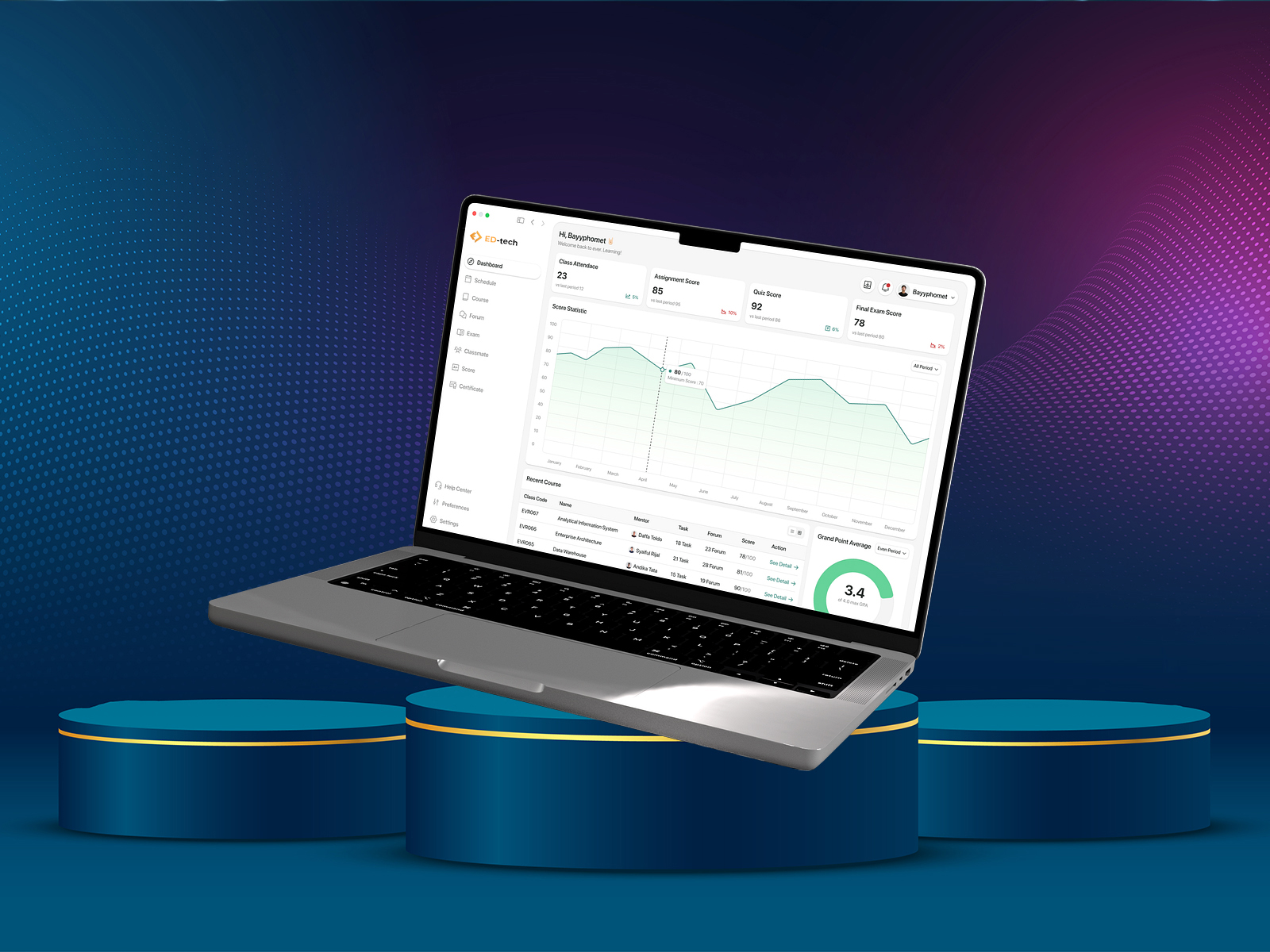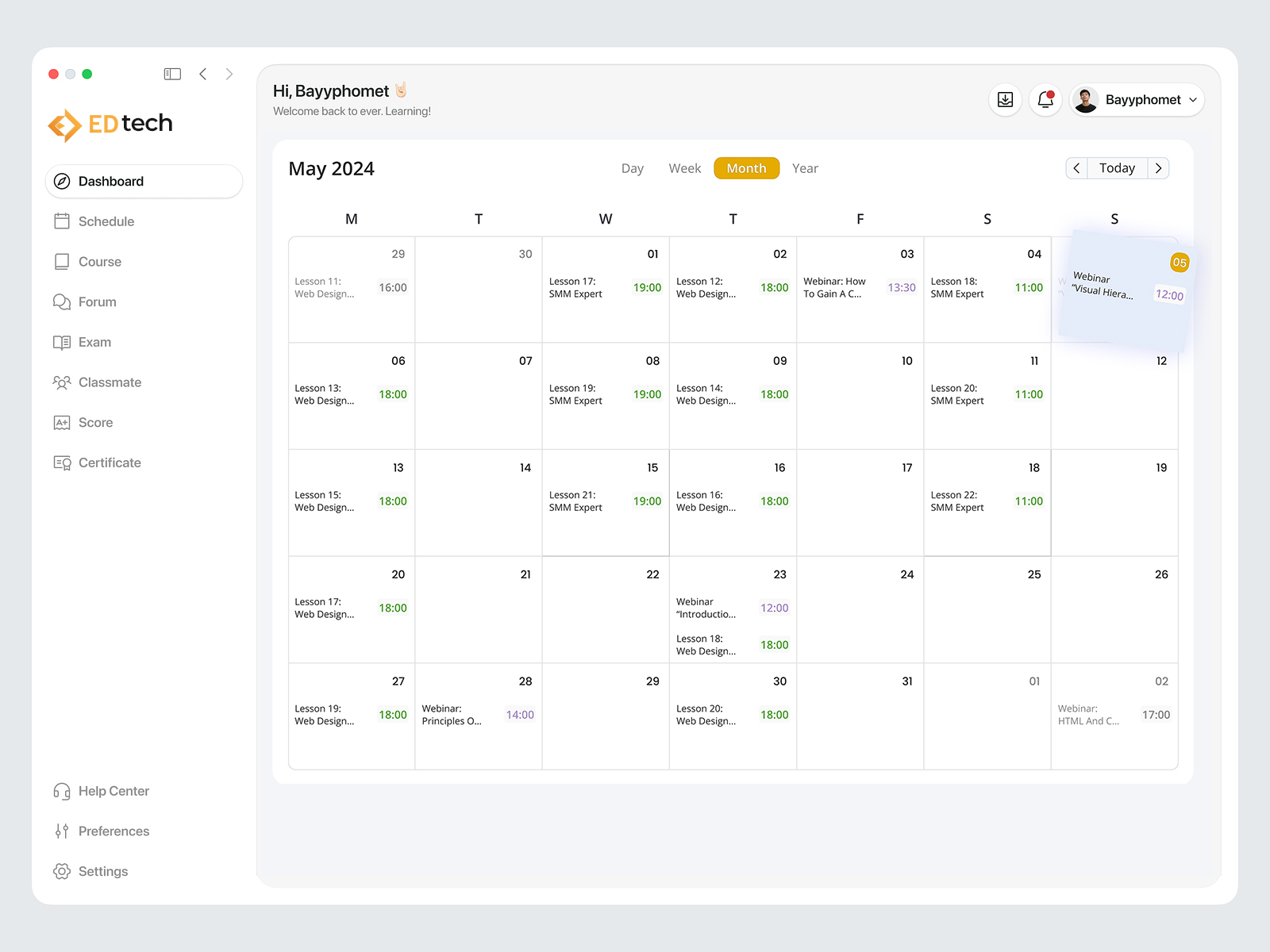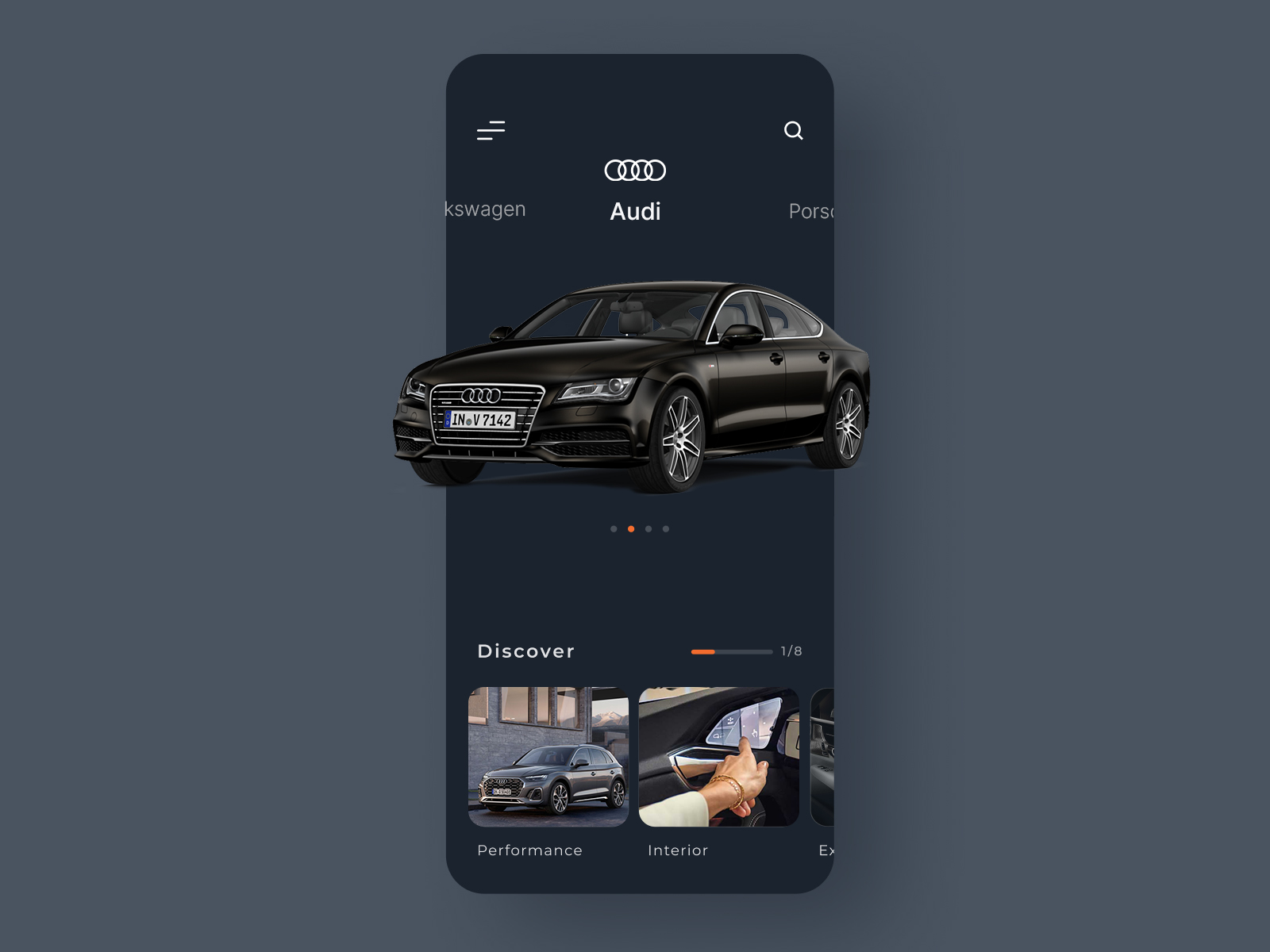
Ed-tech
UI/UX Design
Data Engg & Analytics
Mobile App
An Ed-tech firm targeted towards corporate learners. The platform’s core functionality comes under the bite-sized content that is served to the user at the right time. The LMS is mainly deployed via a mobile app which the learner can access anytime, anywhere to learn concepts through bite-sized videos, animations, content and quizzes. Ed-Tech is now taking steps to move into ML/AI powered learning systems which will help improve the learning outcomes of the learners on its platform.
Industry
Ed-tech
Company size
<100+ Employee
What we did
- Data Engg & Analytics
- Mobile App Development

Objective
An Ed-tech firm targeted towards corporate learners. The platform’s core functionality comes under the bite-sized content that is served to the user at the right time. The LMS is mainly deployed via a mobile app which the learner can access anytime, anywhere to learn concepts through bite-sized videos, animations, content and quizzes. Ed-tech is now taking steps to move into ML/AI powered learning systems which will help improve the learning outcomes of the learners on its platform.
Challenges
Technology today has been increasingly making its way into classrooms and corporate learning centers. This provides unprecedented access to information about learners, their behavior, their goals and outcomes. When data about learners is collected in the right way, it can be utilized to unlock truly amazing learning experiences. Here are some of them.
Adaptive Assessments: All learners can never be the same, hence a single test can’t assess a learner’s understanding. Adaptive Assessments understand the learners in real-time while they take the assessment and accordingly adjusts the difficulty of the questions to provide a better picture on concept understanding
Personalized Learning Paths: A one size fits all curriculum is an outdated way of teaching learners a course or subject. With a knowledge graph and metadata enriched content, ML algorithms can predict students understanding in one concept and can recommend what next to pick up. This also keeps the engagement levels up and leads to better learning outcomes.
xAPI Based Analytics: The learning journey doesn’t happen on a single LMS or App. Wikipedia, Articles, videos on youtube and other moocs also are part of a learner’s journey. Getting in data of learning that happens outside your LMS is made possible through xAPI. Being xAPI compliant provides platforms with a holistic understanding of the learning activities and helps better personalise the platform to improve engagement and learning outcomes.
Solution
Adaptive Assessments
The synctactic platform can ingest many data types. For this use case the question bank resided in a mongo DB with each document containing a JSON file of the question, distractors, right answer and other meta-data of the question.
This data was fed to a recommendation engine algorithm which when connected to an API which will display the question.
The response to the questions was sent back to the algorithm. And basis it being right or wrong the algorithm would suggest the next question of lower or higher difficulty These recommendations can be displayed to the learner on the LMS via an API which is connected to the algorithm
Personalized Learning Paths
Learning paths stored as knowledge graphs where every concept links to each other under specific hierarchies. Here we were working with the graph DB neo4j, this was brought into the platform as a data source.
Combining this data with the learner’s activity on the LMS gives us a view on how the learning graph is traversed by an individual learner.
An algorithm which can recommend the next concept based on inputs from the graph DB and the learner’s activity can help create a personalised learning paths that challenge and engage the learner based on their learning levels An analysis of the learner can be further improved using the enriched data from the xAPI
xAPI Based Analytics
The learner’s activity is usually stored in an RDBMS like MySQL or Postgres. This is also usually visualised to the end user via the app or is used by educators to understand the learner’s progress.
An xAPI compliant Learning Record Store (LRS) can be added to the synctactic platform as a redshift data warehouse with the xAPI data model.
A webhook can subscribe to the xAPI wrapper which will write statements directly to the redshift LRS

Technology


Outcome
By introducing the syntactic platform. The team was able to bring data science initiatives into their learning methodologies in a very simple and effective way. The data science team no longer needed tech bandwidth to expose their data science APIs. And the model improvements and deployments were easily managed via the platform.
Improved team productivity
Recent Work
Launch your product with Arokee
Partner with us for a digital journey that transforms your business ideas into successful, cutting-edge solutions.










